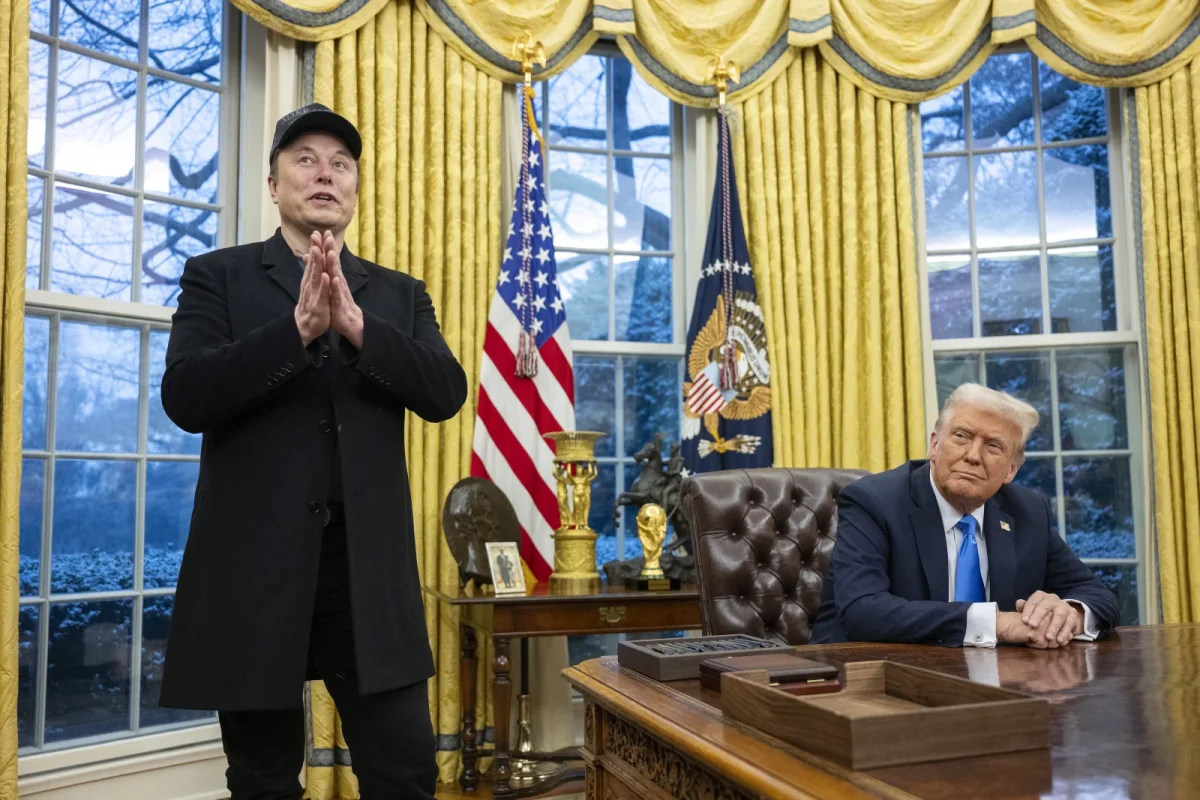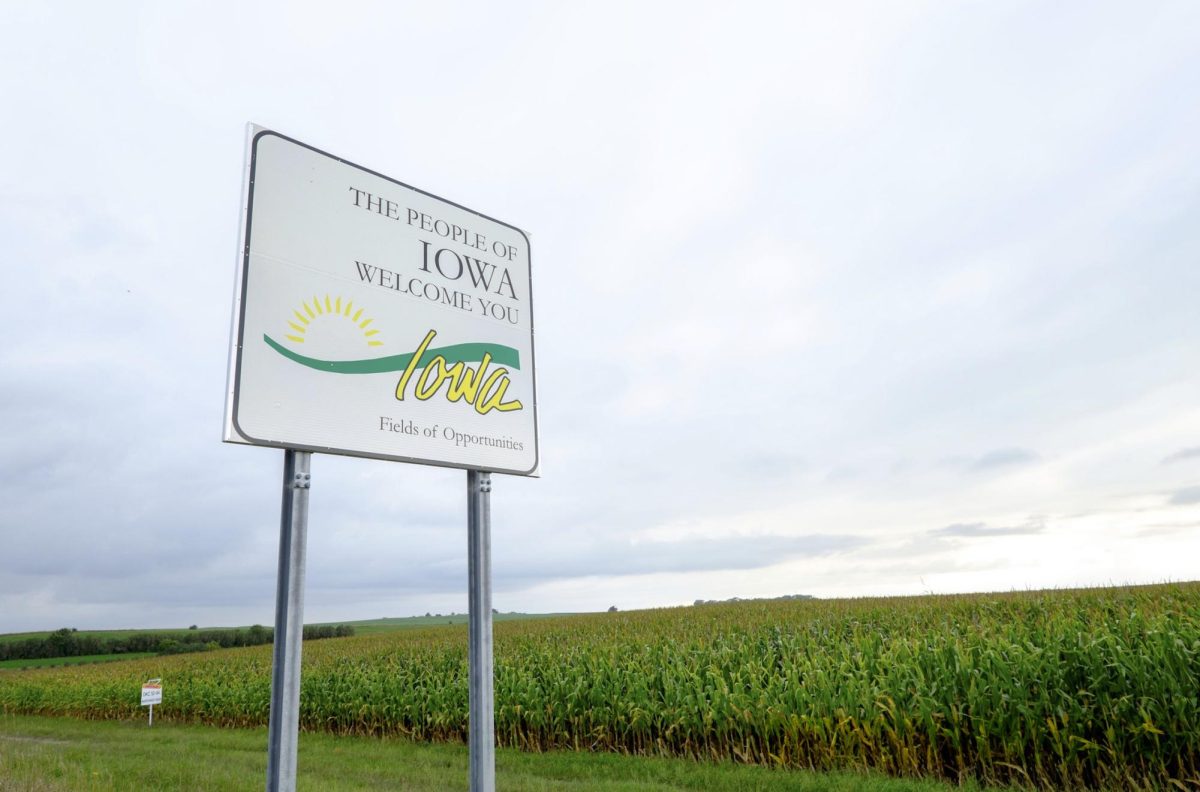Riding on rhetoric full of lofty academic ideals and ponderous claims about our Jesuit mission, Saint Louis University has recently crashed to a new low with a C grade in sustainability.
This is a severe disappointment.
Sustainability is an ideology that calls for the implementing of eco-friendly policies.
This includes, but is hardly limited to, recycling, appropriate energy usage, conservation of clean water and reducing waste products.
All efforts towards reducing carbon emissions, waste products and energy loss are also part of sustainability. It is everything our culture has termed “green.”
Surveys collected by The College Sustainability Report Card, an online organization that gauges college efforts to create environmentally sound practices, exposed a profound lack of administrative initiative here that is shocking, especially compared to the extensive programs that flourish at other universities.
We earned solid F’s in the Administration and Shareholder Engagement categories for entirely lacking sustainability committees and outlined core initiatives for sustainability, and having zero involvement with the University’s shareholders – the people who invest themselves mentally and monetarily with the workings of our school.
The administration does little to inform these key individuals about the few eco-friendly initiatives we do have.
After a D and a smattering of B’s, C’s in the other categories concerning student involvement (the Environmental Task Force and Just Earth bringing those grades up) and eco-friendly campus infrastructures, we received a singular A under Investment Priorities.
So, we have “green” policies where it earns us the most “green” in investment returns.
The saddest part about our grade in sustainability lies in the fact that we recently started a new master’s program for community members in sustainability, along with creating a new sustainability center.
These are scant developments; they have not noticeably improved campus sustainability (as evidenced by our low grade).
We teach and encourage others to implement sustainability plans, while we do nothing to do the same thing.
It is hardly fair for us to expect those we teach to be more eco-friendly while we continue to amass waste and allow unsustainable practices. We preach what we do not practice, in short.
This needs to change.
With such room for improvement, we can look to other universities for guidance.
According an article published August 2006 in the Seattle Pi, the University of Washington combined undergraduate curriculum with sustainability by having students use cooking oil from campus eateries to conduct experiments looking for ways to alternatively fuel university cars.
Engineering students at Seattle University created their own solar panel system which was successfully installed onto one of the university buildings.
Washington State University offers an undergraduate degree organic farming, the first in the country.
SLU is falling far behind. It might be slightly unfair to compare us to Brown University, where they have an on-campus farmer’s market, or the University of Wisconsin with their 24% carbon emissions reduction.
These A-grade schools have sustainability programs that will take a monumental effort on our part to even hope to emulate.
We need to handle the basics first. Dimming lights at night in the dorms (which run full blast), bolstering our broken and inconsistent recycling system, and making sustainability a priority will help us truly be “men and women for others.”
By helping save the planet, we can improve the lives of citizens across the globe. So let’s go green.










